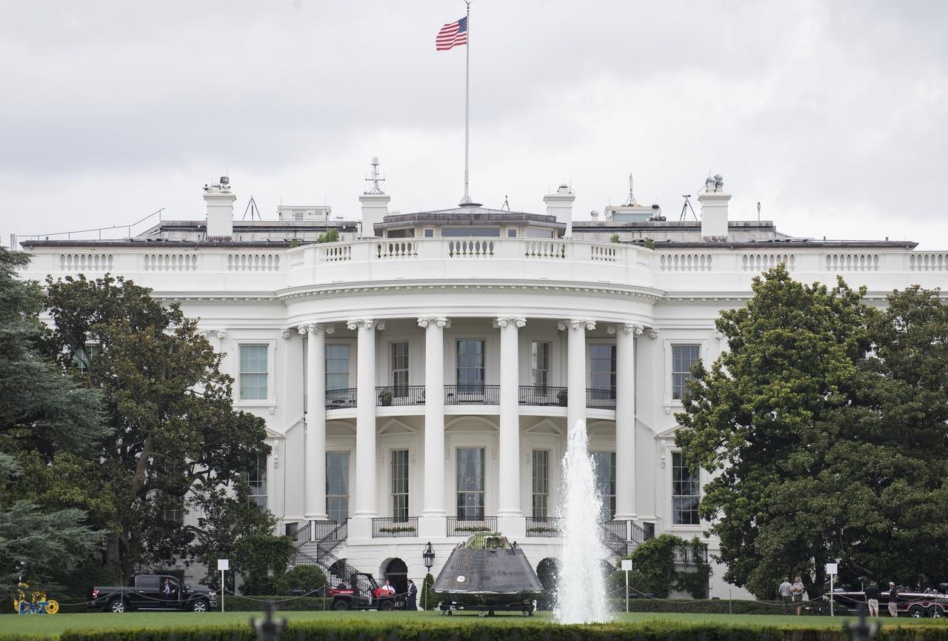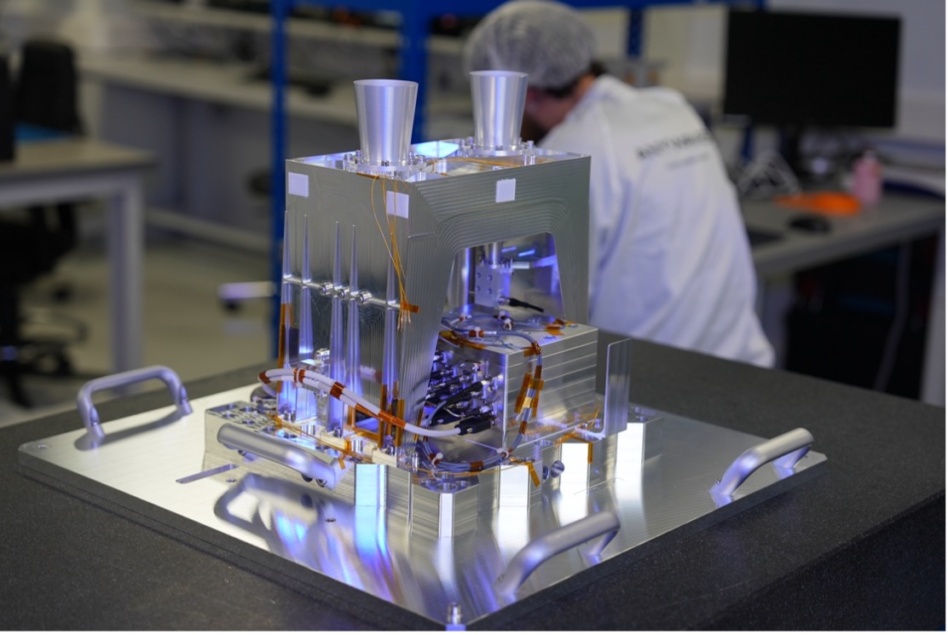The Office of Space Commerce has axed its committee of industry experts that weighs in on matters including mission authorization, commercial remote sensing, and space situational awareness, according to three industry sources.
The Advisory Committee on Excellence in Space (ACES) was established in 2002 as a commercial remote sensing advisory board. It was expanded in 2024 to include nearly two dozen space experts, with officials from Amazon Kuiper, SpaceX, Astroscale, and Planet among its members.
“This morning, we received from the Department of Commerce a ‘stop work’ order on ACES. Per the wording of the directive, ACES must ‘hold off’ meeting at (a) committee and (b) subcommittee levels until further notice,” said a notice sent to members of the subcommittee on Friday morning and reviewed by Payload. “To comply with the directive, we will be canceling the Wednesday public meeting and informing stakeholders through our public channels.”
Zoom out: The cuts were driven by a government-wide executive order signed by President Donald Trump on Feb. 19 intended to minimize bureaucracy, which slashed federal advisory committees. Because they are part of broader reductions, it’s possible the cuts did not intentionally target space—a move that would represent a reverse in course for the administration, which has talked about supporting the commercial space industry.
The federal layoffs that have already hit other parts of the government also hit the space community last week. Hundreds of NOAA employees lost their jobs last week, according to an Axios report, including within the Office of Space Commerce, where layoffs affected as many as a quarter of the small staff, according to Space News. At least some of those laid off within the Office of Space Commerce were working on implementing a civil space traffic management system—something ordered by the first Trump administration in Space Policy Directive 3.
What’s next: The committee was expected to meet on March 5 to present its recommendations for the future of mission authorization, according to another industry source. The meeting, now canceled, would have addressed a critical open question for the space industry.
“It’s penny wise and pound foolish,” the industry source told Payload on background. “This is an industry group that’s been working really hard over the past six months to figure out…rational, reasonable next steps to help unleash the industry.”





